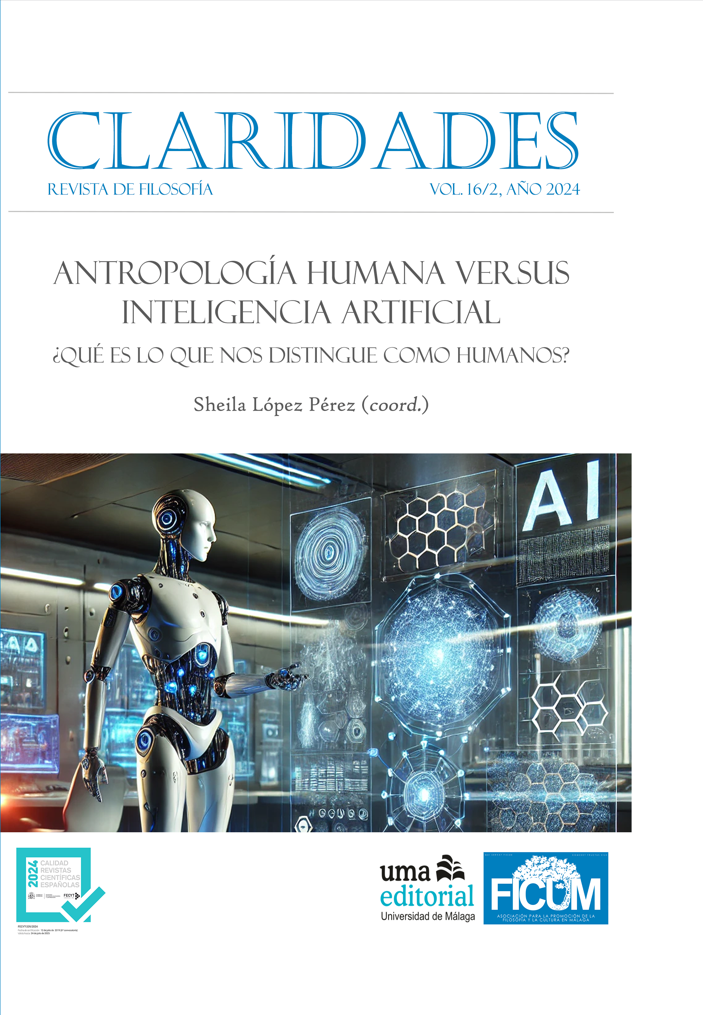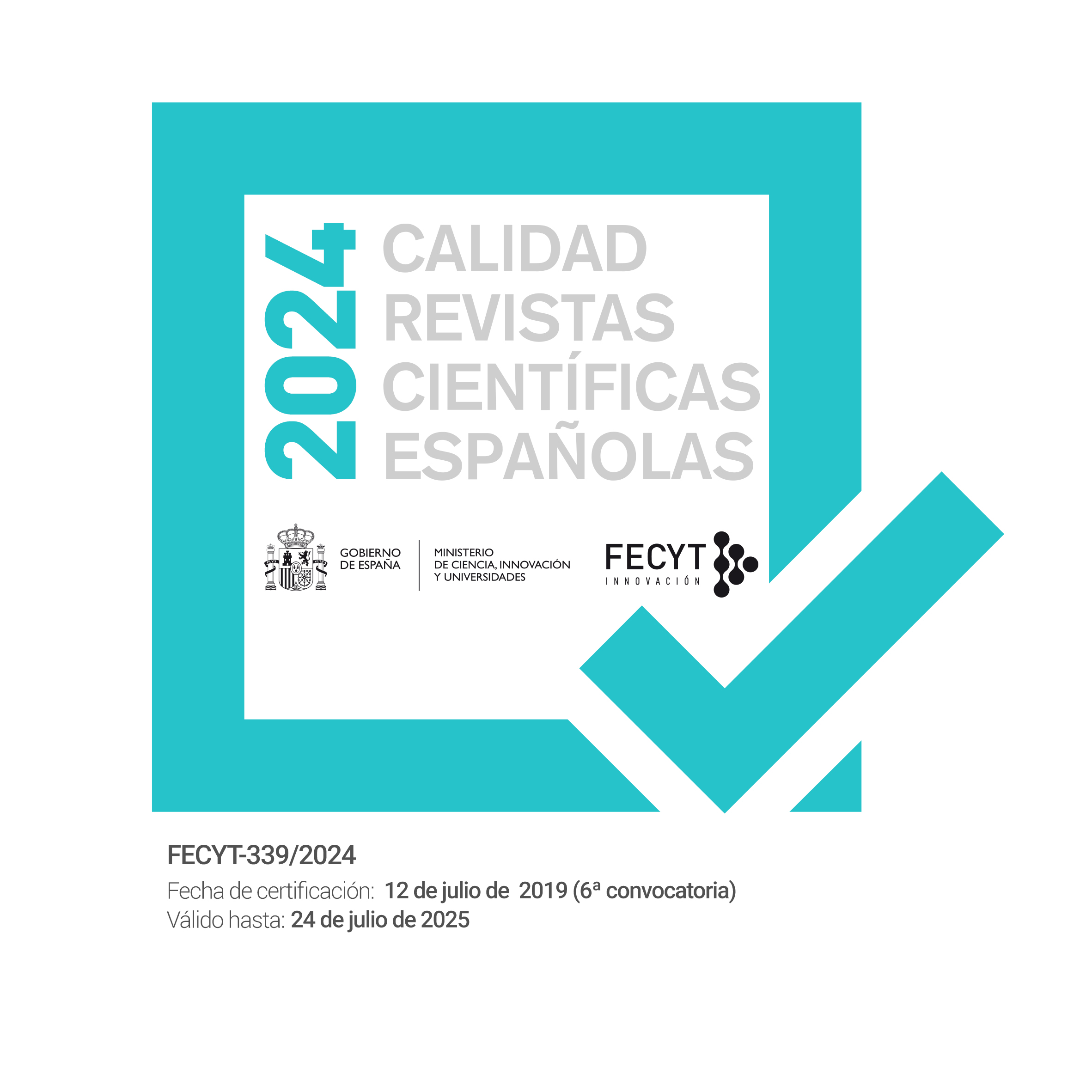Dynamics of violence in a disruptive reality: accelerated dehumanization by AI
DOI:
https://doi.org/10.24310/crf.16.2.2024.19629Keywords:
Resonance, Acceleration, Violence, Artificial Intelligence, Critical TheoryAbstract
This study must consider three main axes: 1) The concept of violence, 2) accelerated dehumanization, and 3) Artificial Intelligence. These are three complex and nonlinear concepts, which implies an implicit difficulty in relating them to understand a possible, yet not evident correlation. We start from the following hypothesis: Artificial Intelligence (AI) could contribute to the disruption of violence in a context of acceleration; due to the absence of ethics in decision-making, partly caused by the expansion of resonance absence. To understand this unsuspected myriad of phenomena, the research is based on the following authors: Hartmut Rosa, to interpret the issue of acceleration and resonance, Amartya Sen and Adela Cortina, for the variables of dehumanization as an act of violence. We apply their theoretical postulates as a way of interpreting decisions about the other, who ceases to be a peer, that is, a person, and moves to a state of reification.
Downloads
Metrics
Publication Facts
Reviewer profiles N/A
Author statements
Indexed in
-
—
- Academic society
- N/A
- Publisher
- Asociación para la promoción de la filosofía y la cultura en Málaga (FICUM) y UMAEditorial
Downloads
Published
How to Cite
Issue
Section
License
Copyright (c) 2024 Reinaldo Batista

This work is licensed under a Creative Commons Attribution-NonCommercial-ShareAlike 4.0 International License.
Esta revista provee acceso libre inmediato a su contenido bajo el principio de hacer disponible gratuitamente la investigación al público. Todos los contenidos publicados en Claridades. Revista de Filosofía, están sujetos a la licencia Creative Commons Reconocimento-NoComercia-Compartirigual 4.0 cuyo texto completo puede consultar en <http://creativecommons.org/licenses/by-nc-sa/4.0>
Es responsabilidad de los autores/as obtener los permisos necesarios de las imágenes que están sujetas a derechos de autor.
Los autores/as cuyas contribuciones sean aceptadas para su publicación en esta revista conservarán el derecho no exclusivo de utilizar sus
contribuciones con fines académicos, de investigación y educativos, incluyendo el auto-archivo o depósito en repositorios de acceso abierto de cualquier tipo.
La edición electrónica de esta revista esta editada por la Editorial de la Universidad de Málaga (UmaEditorial), siendo necesario citar la procedencia en cualquier reproducción parcial o total.

















6.png)
